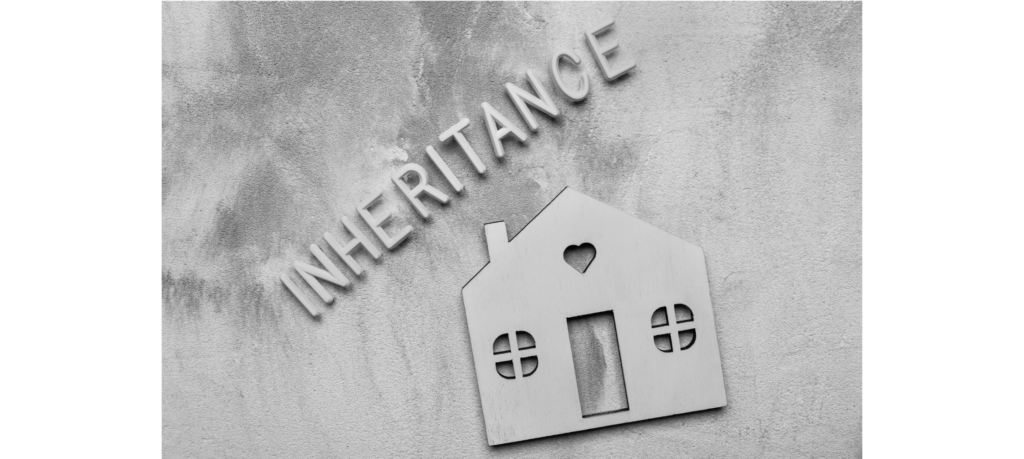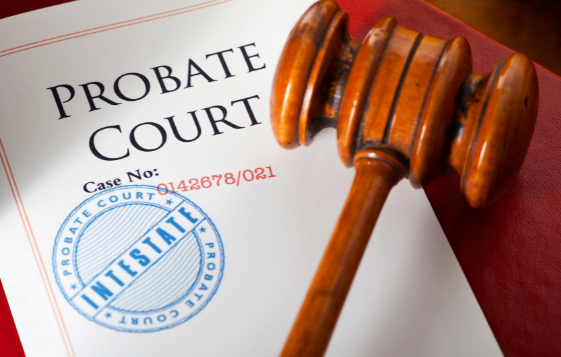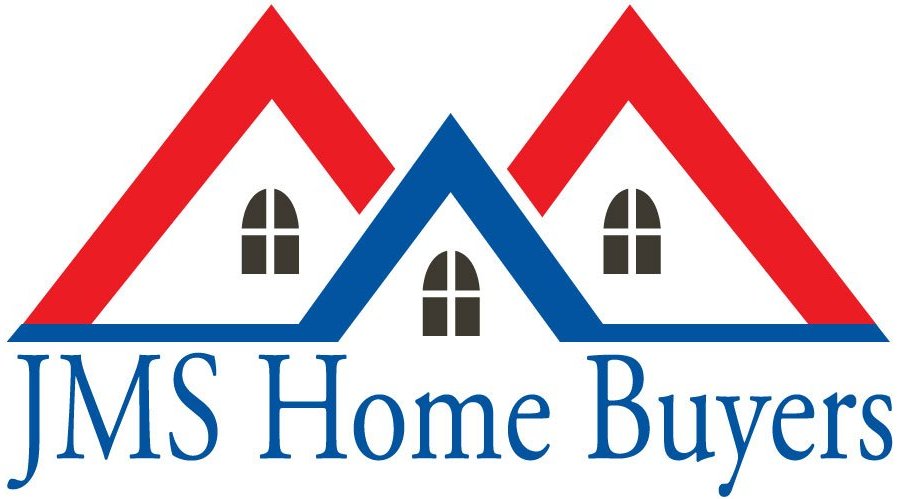
Inheriting a house in North Carolina can be both a blessing and a burden. On one hand, you’ve acquired a valuable asset that could provide financial security. On the other hand, taking ownership or selling an inherited house often comes with a tangle of legal and financial obligations, especially if the inheritance must go through probate.
If you find yourself as the new owner of a loved one’s home in North Carolina after their passing, you’ll need to navigate the state’s probate process. Probate is the legal procedure for transferring ownership of a deceased person’s property to their heirs or beneficiaries. While probate ensures all assets are properly accounted for and debts are settled, it can also be a confusing, lengthy process filled with potential pitfalls.
Avoiding critical mistakes during North Carolina’s probate is crucial when selling an inherited house. Missteps can lead to unnecessary delays, conflicts with other heirs, additional costs, and even personal liability in some cases. Whether you plan to sell through a real estate agent or pursue other options like a cash sale, having a firm understanding of the probate requirements is essential.
This guide will provide an overview of the probate process in North Carolina and identify common pitfalls that can derail the sale of an inherited property. We’ll cover best practices for valuing assets, working with the courts and heirs, settling debts, and ultimately positioning the house for a successful sale. By being informed upfront, you can make wise decisions that protect your inheritance while avoiding unnecessary headaches.
Understanding the Probate Process in North Carolina When Selling an Inherited House
Selling an inherited house in North Carolina requires understanding the state’s probate process. Probate is the legal procedure that transfers ownership of a deceased person’s property to their heirs or beneficiaries named in the will. If there is no will, North Carolina’s intestacy laws determine how the assets are distributed.
The probate process officially begins when the executor named in the will (or an administrator if there is no will) files an application with the clerk of court in the county where the deceased person (decedent) lived. They will submit the will to be validated or request to proceed as an intestate estate. Intestate estate means without a will.
Once the court approves, the executor/administrator receives Letters of Testamentary (there is a will) or Letters of Administration (no will available), appointing them to administer the estate. Their key duties include:

Providing Notice
- Publishing a notice to creditors in a local newspaper to allow claims to be filed
- Directly notifying any known creditors
- Sending notice of the estate proceedings to named heirs/beneficiaries
Inventory and Appraisals
- Locating and listing all probate assets owned by the decedent at death
- Obtaining professional appraisals for valuable assets like real estate
Paying Debts and Taxes
- Using estate assets to pay valid creditor claims
- Filing final income tax returns and paying taxes owed
- Covering administration expenses and court costs
If selling an inherited house is desired or required, the executor may have to get court approval, especially for a non-cash sale. Heirs can only receive full distributions once all debts, taxes, and administration expenses are paid. But they can sell the home while it is in probate.
The probate timeline varies but typically takes 6-12 months if everything proceeds smoothly in North Carolina. Legal guidance can help ensure proper procedures are followed when selling an inherited house to avoid delays and liability.
Potential Pitfalls and How to Avoid Them When Selling an Inherited House
When selling an inherited house in North Carolina, there are several potential pitfalls in the probate process to avoid:
Missing Deadlines
Not publishing proper notices to creditors and heirs within court deadlines can lead to claims that stall the process.
Improperly Accounting for Assets/Liabilities
Failing to comprehensively inventory, value, and list all assets owned by the deceased can be considered concealment. All debts must also be identified and paid.
Not Paying Obligations
Before selling the house or distributions, all enforceable debts, taxes, court costs, and fees must be paid from estate assets to avoid personal liability.
Distributing Too Soon
Heirs cannot receive full distributions until the final estate accounting and closure are court-approved. Early distributions can void actions.
Heir/Beneficiary Conflicts
Disagreements over the will’s validity, executor decisions, valuations, etc., can create costly conflicts, prolonging probate if not handled properly.
Being meticulous about following procedures, providing transparency, thoroughly documenting actions, and seeking legal guidance can help avoid these pitfalls when selling an inherited North Carolina home.
Preparing the Inherited House for Sale in North Carolina
If you are selling an inherited house in North Carolina through a traditional real estate listing, there are several important preparation steps that should be taken to increase the home’s marketability and appeal to buyers.

Making Necessary Repairs and Updates
An inherited property may require repairs to major systems like plumbing, electrical, and HVAC to meet current safety standards and buyer expectations. Outdated kitchens and bathrooms may also need renovations to boost the home’s value and competitiveness.
Decluttering and Depersonalizing
Before listing, it’s essential to remove all personal belongings, clutter, and excess furniture from the house. Creating an inviting blank slate allows prospective buyers to envision themselves living in the space more easily.
Deep Cleaning
A thorough deep cleaning by professionals is highly recommended to ensure all surfaces, floors, and areas like basements are fresh, spotless, and ready for showings and open houses.
Home Staging
Proper home staging tactics like rearranging or renting furniture and decor can highlight the property’s most desirable features and help buyers better appreciate the home’s full potential.
These preparation tasks require an investment of both time and money. However, well-prepared properties tend to sell faster and closer to the asking price than homes that are not move-in ready.
If the time, cost, and effort of repairs, cleaning, and staging are not feasible, an alternative selling path may need to be considered. However, for those able to take these important steps, proper preparation increases the likelihood of a successful sale when listing an inherited house in North Carolina.
Selling Options When Selling an Inherited House in North Carolina
Once the inherited house in North Carolina is prepared, you’ll need to decide on the best-selling method. The two main options are:
Listing with a Real Estate Agent
The traditional route is hiring a licensed real estate agent to professionally market and list the property on the local North Carolina Multiple Listing Service (MLS). Benefits include:
- Agents have expertise in pricing, negotiations, contracts, and closing
- They handle marketing, scheduling showings, etc.
- Get maximum exposure by listing on the MLS
However, this method also comes with drawbacks like paying 5-6% in agent commissions, making repairs recommended by the agent, and keeping the house show-ready.

Selling to a Cash Buyer Near You
An alternative option is selling directly to a reputable cash home-buying company like JMS Home Buyers LLC in North Carolina. Benefits include:
- No need to list the home – they buy as-is
- Don’t need to make repairs, renovations, or upgrades
- Can sell quickly, closing in as little as 7-30 days
- No staging required, no dealing with open houses/showings
- They handle all paperwork and closing costs
The main drawback is you may not get the full potential market value for the home in exchange for the speed and convenience. However, in inherited situations, that trade-off is acceptable for many sellers. They find value in speed and convenience over price.
Exploring the traditional listing path and viable cash buyer options allows you to choose the best-selling method aligned with your timeline, finances, and priorities for the inherited property in North Carolina.
Introducing JMS Home Buyers
If selling an inherited house in North Carolina to a cash home buyer appeals to you, then JMS Home Buyers is a company that can help.
JMS Home Buyers has been actively purchasing properties across the state since 2017. As an established local real estate solutions firm, they specialize in helping homeowners navigate difficult situations like probate and inherited real estate.
With a proven track record spanning over 7 years, JMS Home Buyers has built a reputation for providing a simplified, hassle-free experience for sellers. Their reviews and testimonials are readily available online:
Google Reviews
Search “JMS Home Buyers” on Google to find their business listing and read reviews from past clients about their services and professionalism.
LinkedIn Profile
Connect with JMS Home Buyers on LinkedIn to view their company profile, credentials, and recommendations.
Follow JMS Home Buyers on Facebook for updates, real estate tips, and ways to contact them directly with questions.
Better Business Bureau
Research JMS Home Buyers’ rating and accreditation status on the Better Business Bureau website to verify their industry standing.
These online presences allow you to thoroughly vet the company and decide if JMS Home Buyers is the right cash buyer partner for your inherited house sale in North Carolina. Their digital footprint provides transparency into who they are and how they operate.
When avoiding the hassles of listing is the priority, JMS Home Buyers offers a convenient, fair solution for those selling an inherited property through probate in North Carolina.
Conclusion
Selling an inherited house can feel overwhelming, especially while navigating the probate process. From properly valuing assets and settling debts to preparing the property for listing, many potential pitfalls can delay or derail the sale.
While the traditional real estate agent route is one option, selling directly to a qualified cash home buyer like JMS Home Buyers provides an alternative simplified solution for North Carolina homeowners.
JMS Home Buyers specializes in purchasing inherited properties, often before or during probate. Their process is straightforward – they’ll make you a fair cash offer, cover all closing costs, and close on your timeline without requiring any repairs or preparations.
If avoiding the hassles of listing your inherited North Carolina house is the priority, contact JMS Home Buyers today. With their strong reputation and over seven years of experience, you can request an obligation-free cash offer and sell with confidence.
Take the first step by calling JMS Home Buyers at 704-707-6016. They’ll be happy to explain their buying process further and how they can make selling your inherited property stress-free from start to finish.
